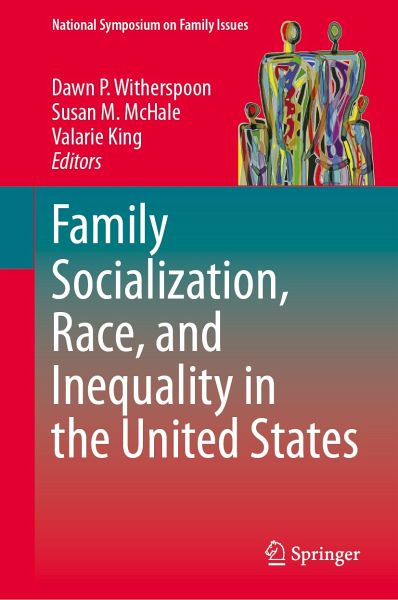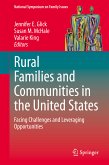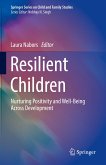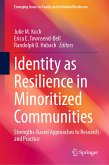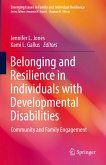This book examines the ways in which families can address racial and ethnic inequalities and racism and the impacts of these systems on health, education, and other family and family member outcomes. It addresses the historical context of race and racism in the United States, ethnic-racial socialization in families of color, and White parents' attitudes and practices related to antiracist socialization. Chapters describe structural racism, debunk the myth of racial progress, and explore the representation of race and racism in family research; provide a historical account of ethnic-racial socialization literature, propose a model of ethnic-racial socialization of Latinx families; describe how racial socialization can be used therapeutically; and address White normativity, expand models of White racial socialization and learning, and grapple with the complexities of antiracist socialization. Finally, the volume offers recommendations for the field of family research to meaningfully include race and racism as well as provides suggestions for translational work in this area related to policies, programs, and practice.
Featured areas of coverage include:
- Ethnic and racial socialization among families of color.
- White racial socialization and racial learning.
- Antiracist socialization.
- Opportunities for family research on race and racism to be used to enhance family policies and intervention programming.
Family Socialization, Race, and Inequality in the United States is a must-have resource for researchers, professors, clinicians, professionals, and graduate students in developmental psychology, family studies, and sociology, as well as interrelated disciplines, including demography, social work, prevention science, public health, educational policy, political science, and economics.
Dieser Download kann aus rechtlichen Gründen nur mit Rechnungsadresse in A, B, BG, CY, CZ, D, DK, EW, E, FIN, F, GR, HR, H, IRL, I, LT, L, LR, M, NL, PL, P, R, S, SLO, SK ausgeliefert werden.

